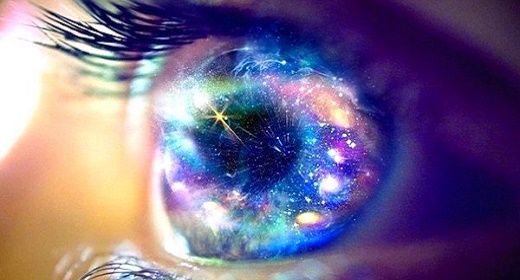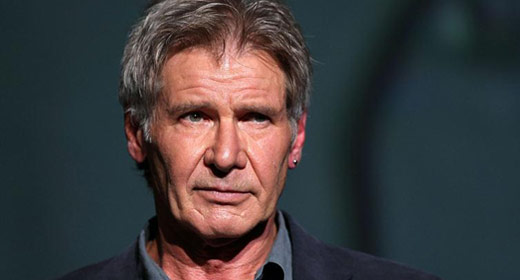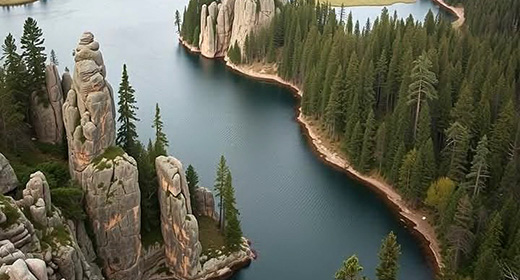by Stefanie Spear: Harrison Ford is The Ocean in Conservation International’s second film in its provocative environmental awareness campaign, Nature is speaking…
“But humans, they take more than their share. They poison me then they expect me to feed them. Well, it doesn’t work that way,” states Ford, Academy Award nominee and Conservation International’s vice chairman, as narrator of The Ocean.
Did you know that the ocean produces half of the oxygen we breathe? Did you know that nearly 80 percent of all life on Earth is found in the oceans? But overfishing, pollution and warming waters is threatening the health of the ocean, which impacts our survival.
“When I first came across Conservation International in 1991, I was just looking for a way to give back,” said Ford. “But as I became more deeply involved with CI, I learned about the important work they were doing to improve human well-being through the care of nature. The message was simple: People need nature. More than 20 years later, this simple message is more important than ever. The environment has become a political, polarizing issue. It’s time to change the conversation about nature to focus on what we all have in common: Our shared humanity.”
[youtube]https://www.youtube.com/watch?v=rM6txLtoaoc[/youtube]
Dr. Sebastian Troeng, senior vice president and managing director of the Betty and Gordon Moore Center for Science and Oceans, in a Conservation International blog post, asks you to “Just consider the remarkable range of benefits we get from healthy oceans.”
Troeng provides these 10 important benefits:
- Food provision through wild fisheries and fish farming. About 4.3 billion people get around 15 percent of their animal protein and essential nutrition from seafood.
- Natural products like shells, seaweed, fish oil and coral. Each year, people consume almost 23 million tons of seaweed alone, an amount valued at more than U.S.$ 6 billion.
- Coastal protection. Natural barriers like coral reefs, mangroves and seagrass beds mitigate impacts from major storms and tsunamis.
- Artisanal fishing opportunities for those who don’t have other options for employment or livelihoods and need to make their sustenance from oceans. There are more than 12 million artisanal fishers worldwide.
- Economies and livelihoods for people along the coasts. Worldwide, an estimated 350 million jobs depend on the ocean.
- Biodiversity. Already the IUCN Red List categorizes 11.7 percent of the 8,459 marine species assessed to date as threatened with a high risk of extinction in the wild. The decline or extinction of species threatens the many direct and indirect benefits they provide to people, from being sources of new medicines to maintaining ecosystems in balance.
- Clean water, free from pollutants and plastic garbage, that people can swim and wash in without putting their health at risk. There are already more than 400 dead zones worldwide, where lack of oxygen prevents many forms of life. These areas cover an area larger than the entire state of Minnesota.
- A sense of place, including cultural, spiritual and aesthetic benefits. In the U.S. 39 percent of the population lives in coastal counties; these people are shaped by living by the ocean.
- Carbon storage. The ocean captures carbon dioxide from the atmosphere and buries it in sediments to mitigate climate change. Mangroves capture five times as much carbon per acre as tropical rainforests, but these “blue carbon” habitats are being lost at a rate 2 – 4 times faster.
- Tourism and recreation. In the U.S., more than 40 percent of people visit the beach each year.
Awaken Earth Posts
Source: AWAKEN










































